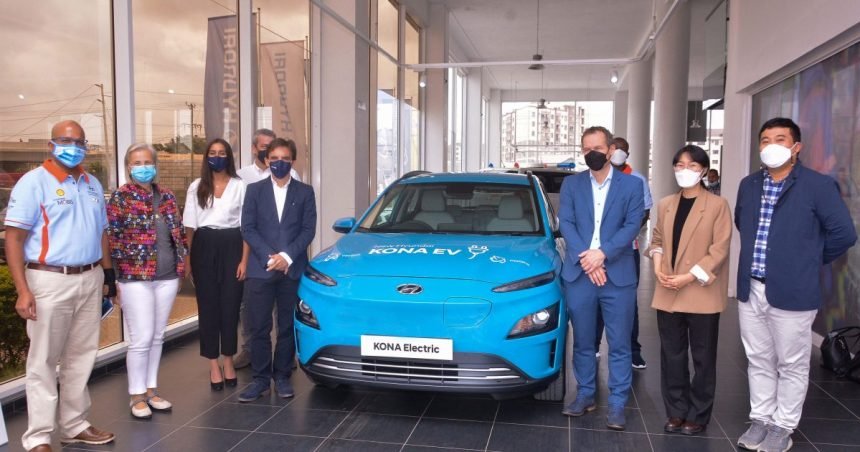Kenya has launched an e-mobility draft policy to promote local EV manufacturing and assembly. However, one major issue is that the country lacks the expertise and infrastructure to actualize this goal.
Upon approval, this policy would activate the enforcement of zero-emission vehicle sales targets and investment criteria for car manufacturers and assemblers to be eligible for incentives from the government.
Furthermore, it would gradually implement clear requirements for using locally sourced materials in EVs. In addition, the policy will enable the local production of EV parts, including batteries, while supporting recycling and repurposing efforts in the country.
During the launch of the draft policies, the Kenyan transportation cabinet secretary, Kipchumba Murkomen, explained that the shift to electric vehicles would drastically reduce emissions of greenhouse gasses.
In addition, this would cut down the country’s petroleum import bill, currently at KES 628.4 billion ($4 billion). Ultimately, this initiative will create jobs and boost local manufacturing.
Kenya has started issuing green-colored number plates to raise awareness and promote electric vehicle usage among its citizens. Hopefully, this medium will encourage more people to consider switching to EVs, says Murkomen.
To build the necessary infrastructure, Kenya has partnered with the Trade and Investment Ministry, aiming to learn from the expertise of private and international investors, and academic institutions.
Kenya has been attracting large EV manufacturers such as BasiGo, an electric bus company backed by the CFAO Group. This company serves Nairobi residents with commuter vehicles, popularly known as Matatu.
Another EV company operating in Kenya is ROAM Motor, offering electric buses for Nairobi’s bus rapid transport (BRT) system and currently offering electric motorbikes nationwide.
Ride-hailing companies have also taken up allocations in Kenya’s e-mobility movement. Earlier in 2023, Bolt invested over KES 100 million ($770,000) to integrate e-mobility solutions into its services. While Uber, partnered with Greenwheels Africa for electric bike rentals.














